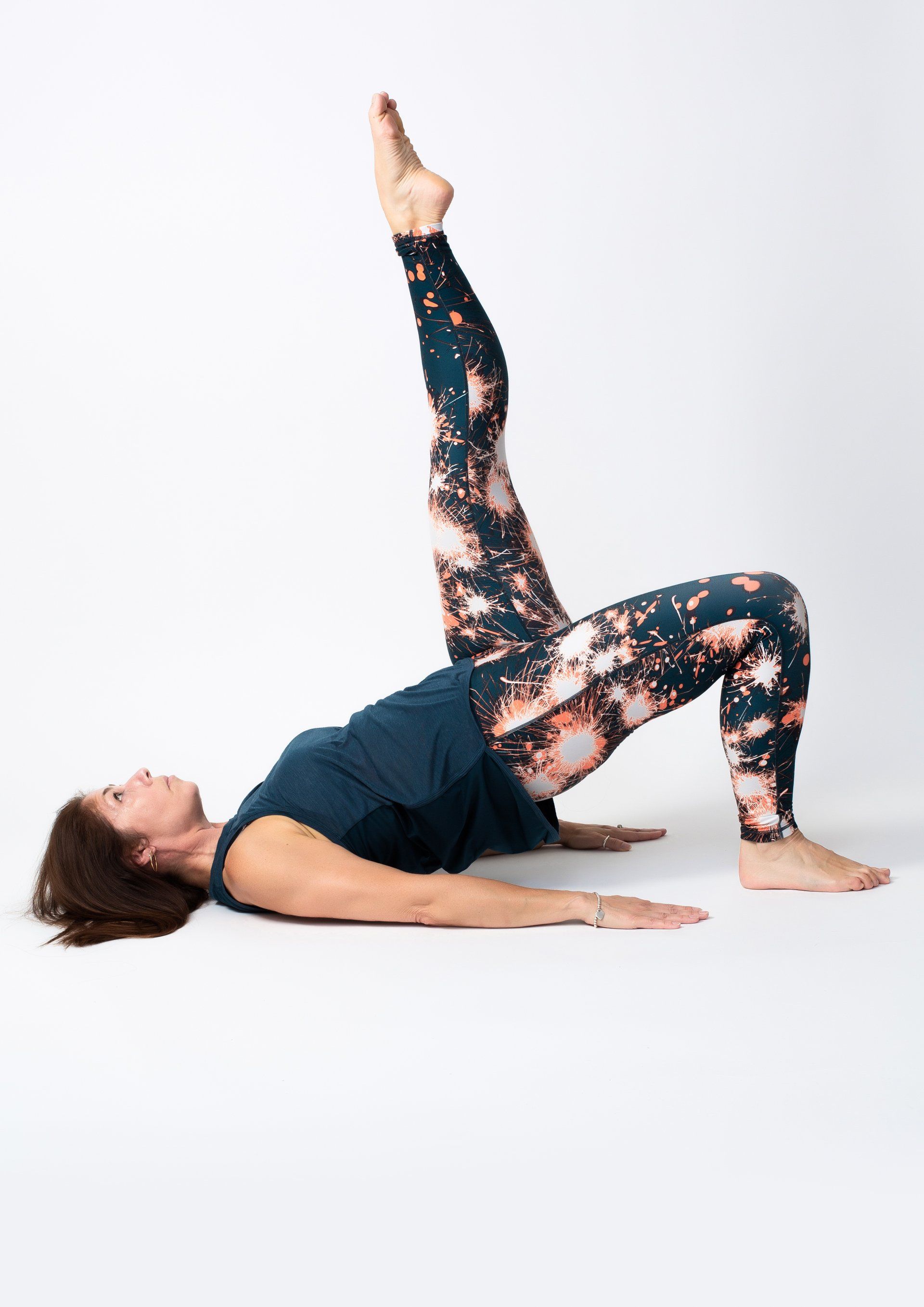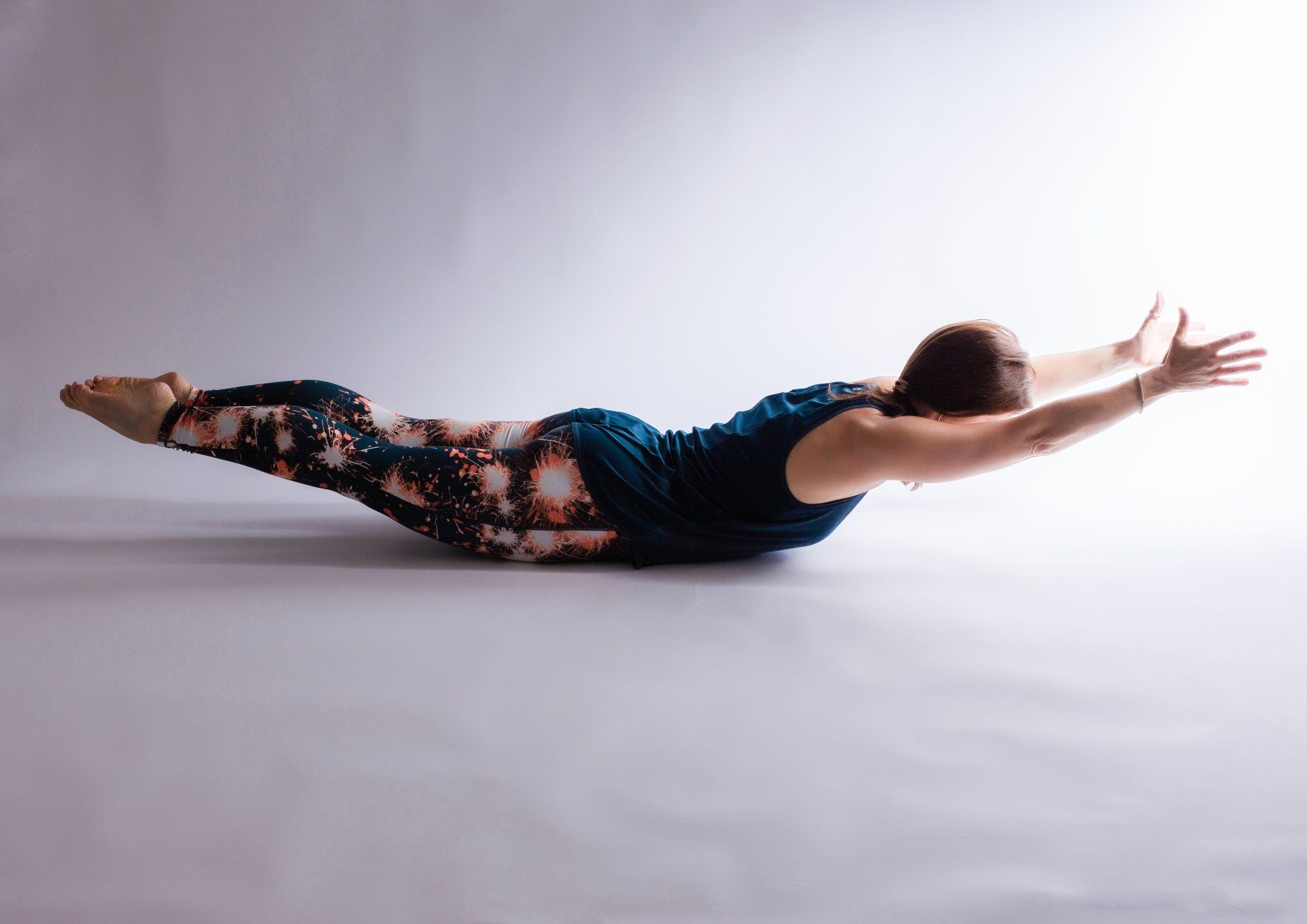3. Put your back into extension
Most of us sit with our back in "flexion" which means that we're bent over with our shoulders rounded forward. The stranded penguin
exercise is lush for activating the whole back of your body and working your brain too.
And this swimming helps you to work all the way down the back of your body from shoulders to butt.
4. Strengthen your abdominals
You'll notice that at no point have I said "strengthen your core"...because when most people say "core" they mean abs.
And when I say "core" I mean everything between your ribs and hips - front and back!
But of course, strengthening your abs is important too so that we're balanced after all the work for the back of our bodies!
Dead bug
is a great abdominal exercise that includes coordination work.
And of course, everyone's favourite, The Hundred
is an excellent exercise that you can modify to wherever you are today - knees bent, one foot on the floor, both feet on the floor. Your shout.
I feel like I've given you almost a whole class of exercises here! Give them a try and let me know how they feel!
Is Pilates the only way to solve back pain issues?
Of course not! The thing that will best help your back pain is the thing that you can do consistently.
If that's Pilates - fantastic! If it's something else? Also fantastic!! Just keep moving.
I'd like to join a class..how can I do that?
Try us for free by clicking in here












